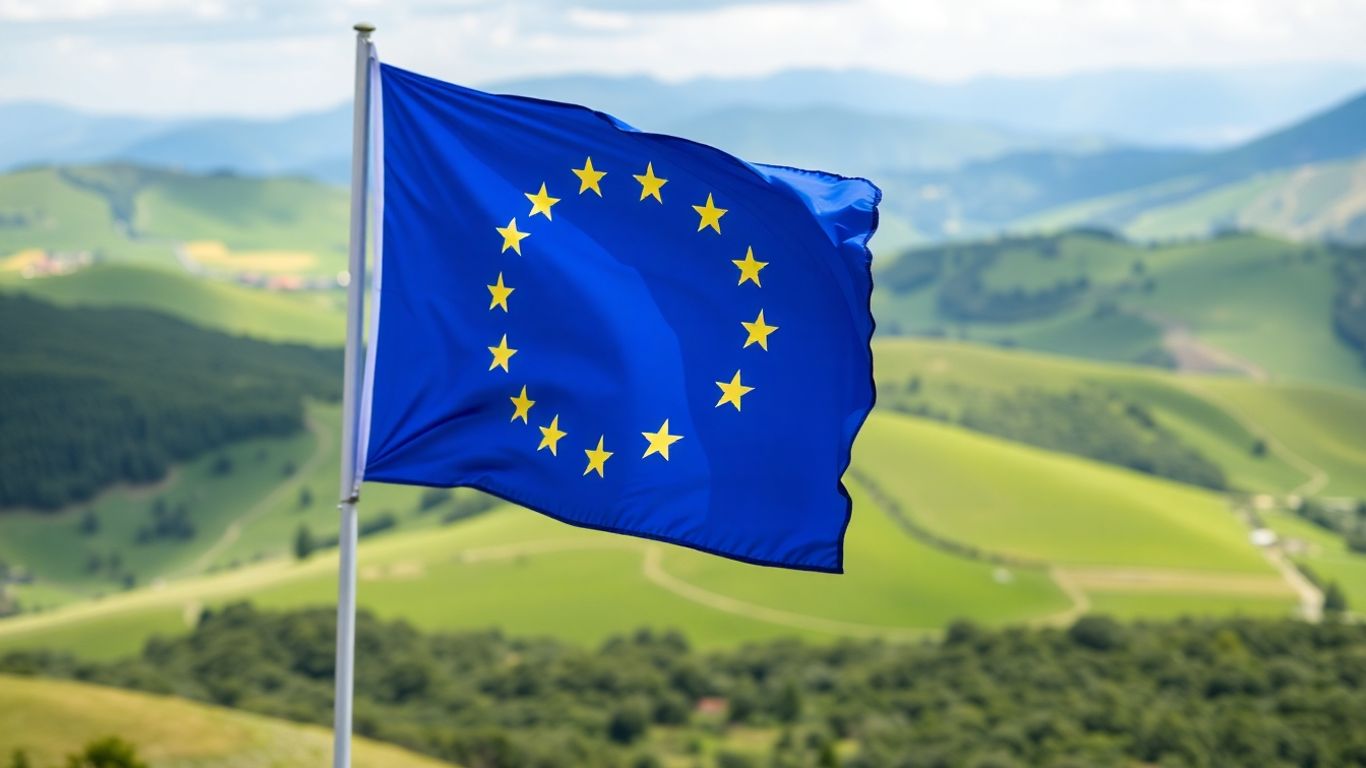The European Union has launched a significant Growth Plan for the Western Balkans, a strategic initiative designed to foster economic development, enhance regional cooperation, and accelerate the region’s path towards EU membership. The plan offers tangible benefits of EU integration ahead of full accession, aiming to boost economies and improve living standards.
Key Takeaways
- Economic Integration: Aims to integrate the Western Balkans into the EU’s single market, potentially doubling the region’s economies within a decade.
- Financial Support: Includes a €6 billion Reform and Growth Facility for 2024-2027, with funds disbursed based on the implementation of reforms.
- Regional Cooperation: Encourages deeper economic integration within the Western Balkans through the Common Regional Market, based on EU rules.
- Reform Incentives: Provides tangible benefits before full accession, incentivizing national reform agendas.
- Private Investment: Aims to mobilize private investment through a call for expressions of interest in key sectors like green transition and digital transformation.
Accelerating EU Accession
The Growth Plan, adopted in November 2023, is structured around four key pillars. It seeks to enhance economic integration with the EU’s single market by addressing areas such as free movement of goods and services, digital markets, and industrial supply chains. This integration is seen as a primary driver of economic growth, mirroring the experiences of Central and Eastern European countries.
Boosting Regional Economic Cooperation
A crucial aspect of the plan is fostering economic integration within the Western Balkans itself through the Common Regional Market. This initiative, based on EU rules and standards, is designed to overcome market fragmentation, enhance business competitiveness, and attract investment, serving as a stepping stone to the broader EU single market.
Reforms and Financial Assistance
The plan emphasizes accelerating fundamental reforms, including those related to the rule of law and governance. Each beneficiary country is required to prepare and implement a Reform Agenda, subject to Commission approval. The €6 billion Reform and Growth Facility, comprising €2 billion in grants and €4 billion in concessional loans, is contingent on the successful implementation of these reforms. The facility reinforces existing financial assistance under IPA III.
Mobilizing Private Investment
In a recent development, the EU launched a Call for Expressions of Interest to mobilize private investment in the Western Balkans. Businesses from the EU, EEA, and the region are invited to submit proposals for projects in priority areas such as green transition, integration into EU industrial supply chains, critical raw materials, and digital transition. Projects must meet a minimum threshold of €10 million to be eligible for support through policy, technical, or financial instruments.
High-Level Engagement
Commissioner for Enlargement Marta Kos has been actively engaging with Western Balkan leaders to promote the plan’s objectives. Recent meetings have focused on accelerating the delivery of the Growth Plan, reviewing progress, and discussing next steps, including new areas of cooperation like consumer protection and tourism. An investment package of €87.7 million within the Western Balkans Investment Framework was also proposed to mobilize nearly half a billion euro in private investments for clean-energy projects.
While the plan holds significant potential, challenges related to enforceability and the scale of financial support compared to previous EU member states’ access remain points of discussion. Successful implementation hinges on rigorous conditionality enforcement, rewarding reform progress, and sustained political will from regional leaders.
Sources
- The European Union Growth Plan for the Western Balkans: A reality test for EU enlargement, Atlantic Council.
- What the EU’s Growth Plan for the Western Balkans means for the region, Atlantic Council.
- Growth Plan for the Western Balkans, Enlargement and Eastern Neighbourhood.
- EU launches Call for private investment in the Western Balkans to drive economic growth and boost EU
integration, Enlargement and Eastern Neighbourhood. - Commissioner Kos meets with Western Balkans leaders to promote growth in the region, Enlargement and Eastern Neighbourhood.






